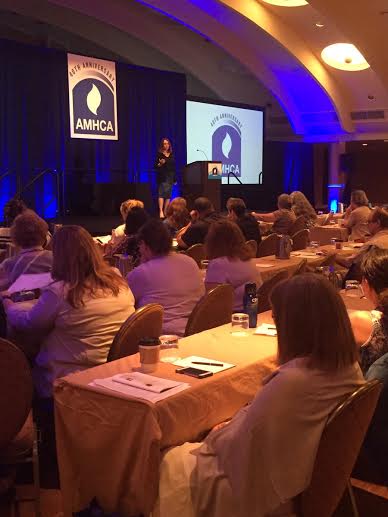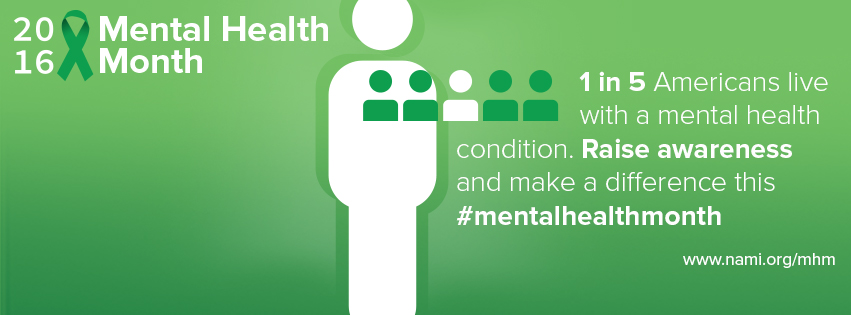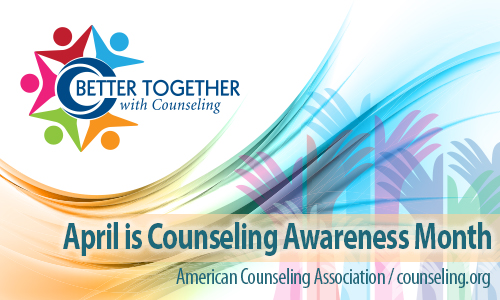How you sit and how long you sit can affect how balanced a life you lead, and as a result, how long of a life you live. Sedentary lifestyles can cause a host of physical and mental health issues. Even weekend warriors and those who manage to squeeze in a morning workout before a long day of sitting are not completely out of the woods. So, what are we supposed to do when school and work are so central to our lives? Here’s a closer look at what happens to your body when you sit, and how you can make some healthy changes.
Counseling@Northwestern

The American Mental Health Counselors Association (AMHCA External link ) recently celebrated its 40th anniversary at its annual conference in New Orleans. As the only national professional organization representing clinical mental health counselors, AMHCA presented a conference featuring innovative strategies to enhance the profession and the lives of clients. The conference theme was “Building Professional Resilience in Challenging Times” and featured keynote addresses by Drs. Thomas Joiner, Maureen Duffy, and Juliana Ekong as well as Major General Margaret Wilmoth.

If you have ever had a scheduling conundrum, you know that getting everything done in a week, a day, or even an hour can have you throwing your hands up in the air in exasperation. Rather than getting lost in the chaos, turn that feeling into motivation. Life can be a puzzle and you have to see where the pieces fit — especially when it comes to finding a place for exercise.

It can be surprisingly difficult to find helpful and actionable information online about what to do if you are LGBT and experience violence. This brief guide aims to help survivors of violence, those who wish to support survivors, and those who want to organize prevention efforts connected with national and state organizations that are leaders in the field of survivor support. Before connecting with any of these organizations, however, it is important to know what to do if you are a victim of violence.

Staying accountable to fitness goals and finding workouts to do is getting easier. While going for a run outside was once the best at-home option for cardio, and grocery shopping for healthy food was like a maze, now technology can help. You will have the gym and kitchen at your fingertips with the following popular fitness and nutrition apps.

Organizations dedicated to mental health awareness throughout the year come to the forefront each May. During this month, they focus their efforts on reducing the stigma related to mental health by educating communities about mental illness. For this year’s Mental Health Month, organizations have created many different campaigns to spread this awareness. Counseling@Northwestern is highlighting various campaigns from mental health organizations working to improve education and reduce stigma around mental illness.

According to the American Academy of Sleep Medicine External link , approximately 30 percent of Americans have symptoms of insomnia. Insomnia is different than occasional sleeplessness in that it can cause anxiety, depression, and disruption from everyday life. Sleep is a key component to maintaining your mental health, so as part of Mental Health Awareness Month we wanted to share advice on how to sleep better. Whether you suffer from a few nights a week of cartoon-eyed, thumb-twiddling sleeplessness or you know the entire late-night TV lineup, here are a few ways to learn how to teach yourself to sleep better.

The American Counseling Association (ACA) External link , the world’s largest association representing professional counselors in multiple practice settings, held its annual conference from March 31-April 3 in Montreal, Canada, in partnership with the Canadian Counseling and Psychotherapy Association (CCPA).

April is counseling awareness month and the American Counseling Association (ACA) is working with more than 56,000 counselors to break stigma related to seeking mental health services. The Centers for Disease Control and Prevention External link reports that only 25 percent of adults with mental health issues believe that other people are sympathetic toward people who have mental illness, and that 57 percent of adults believe that people would be sympathetic toward people who have mental health issues. This is a clear indicator that we must educate the public about need for support and encouragement for people of all ages to seek assistance from counselors.

The Counseling@Northwestern program has received a full eight-year accreditation. This means that the program is fully CACREP accredited. It is rare for a program seeking accreditation for the first time to receive a full eight-year accreditation. This is a testament to the program’s training model and the strength of the faculty and staff. This accreditation is a clear endorsement of the quality of Counseling@Northwestern.

